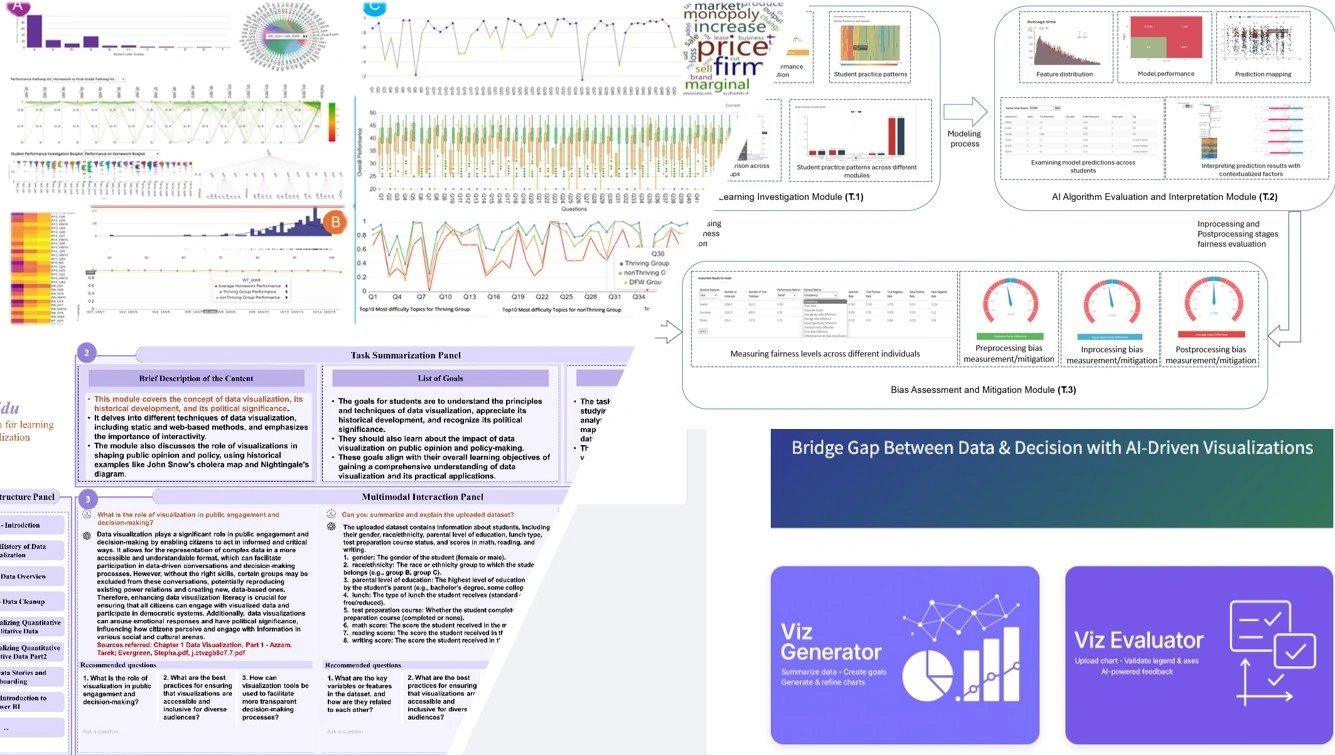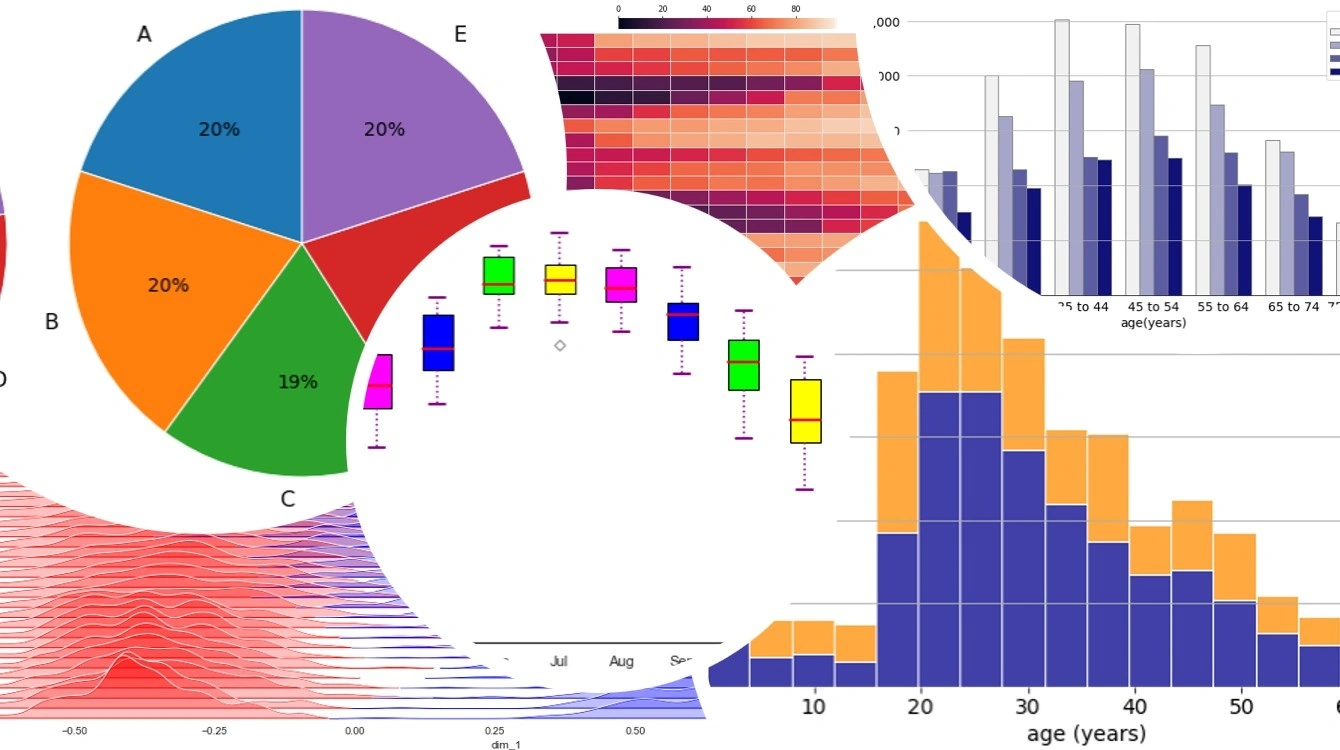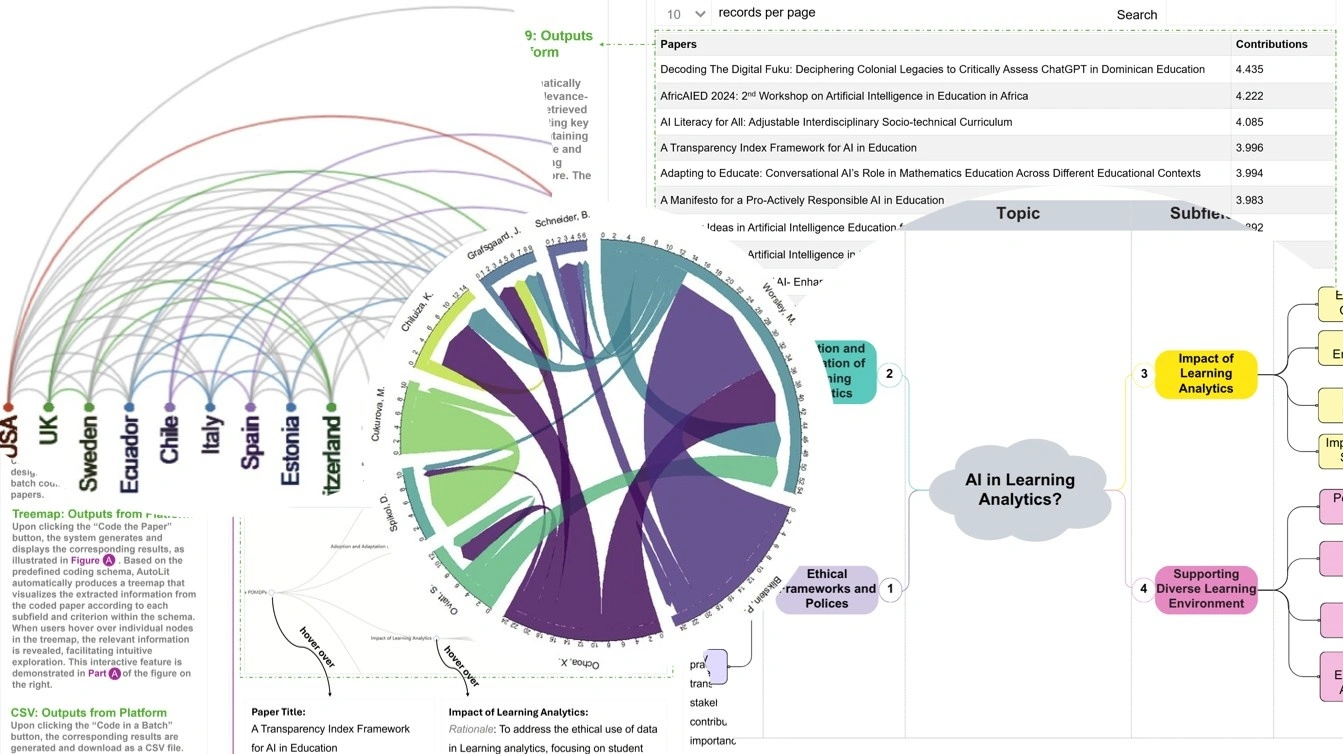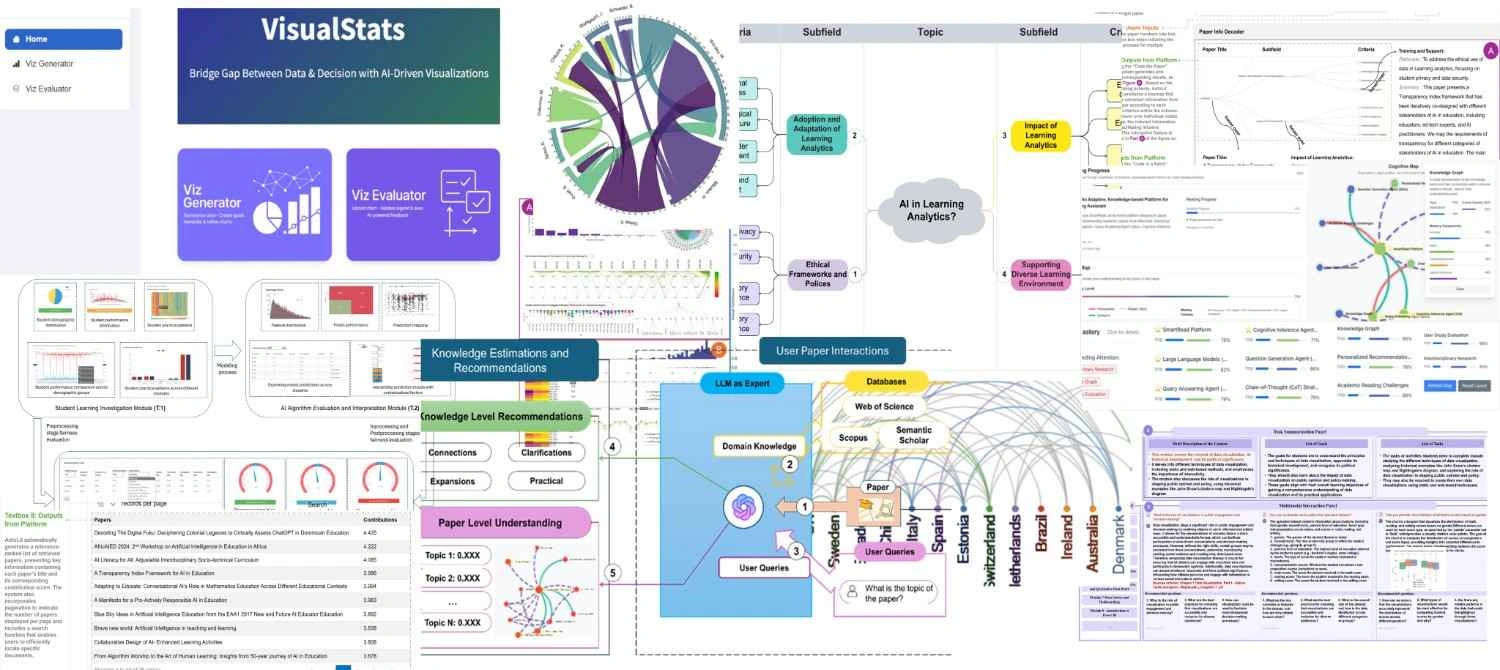
WELCOME TO THE VISTA LAB
Empowering the future of education through intelligent, trustworthy AI systems. We are here to revolutionize the way we learn and teach.
Explore More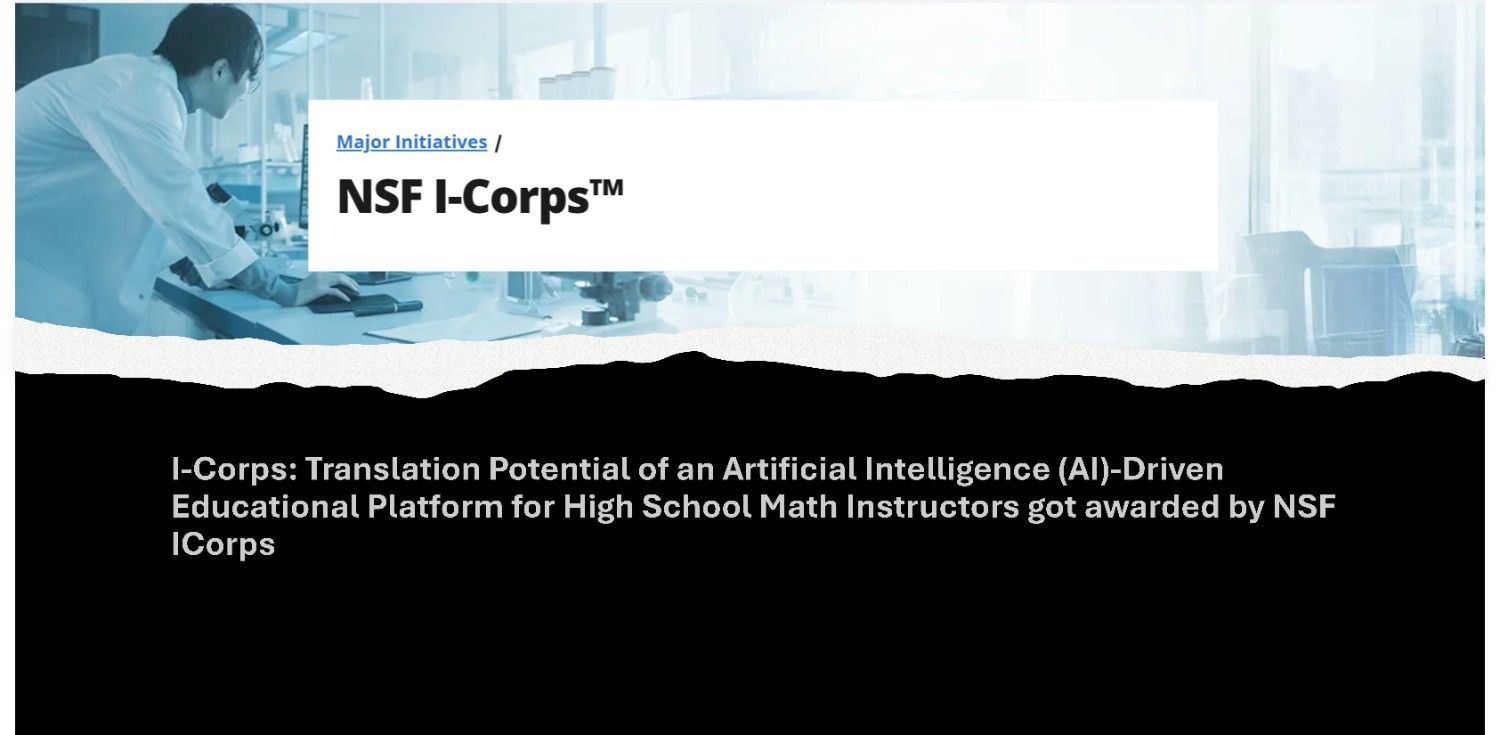
We received the NSF ICorps Support
Explore More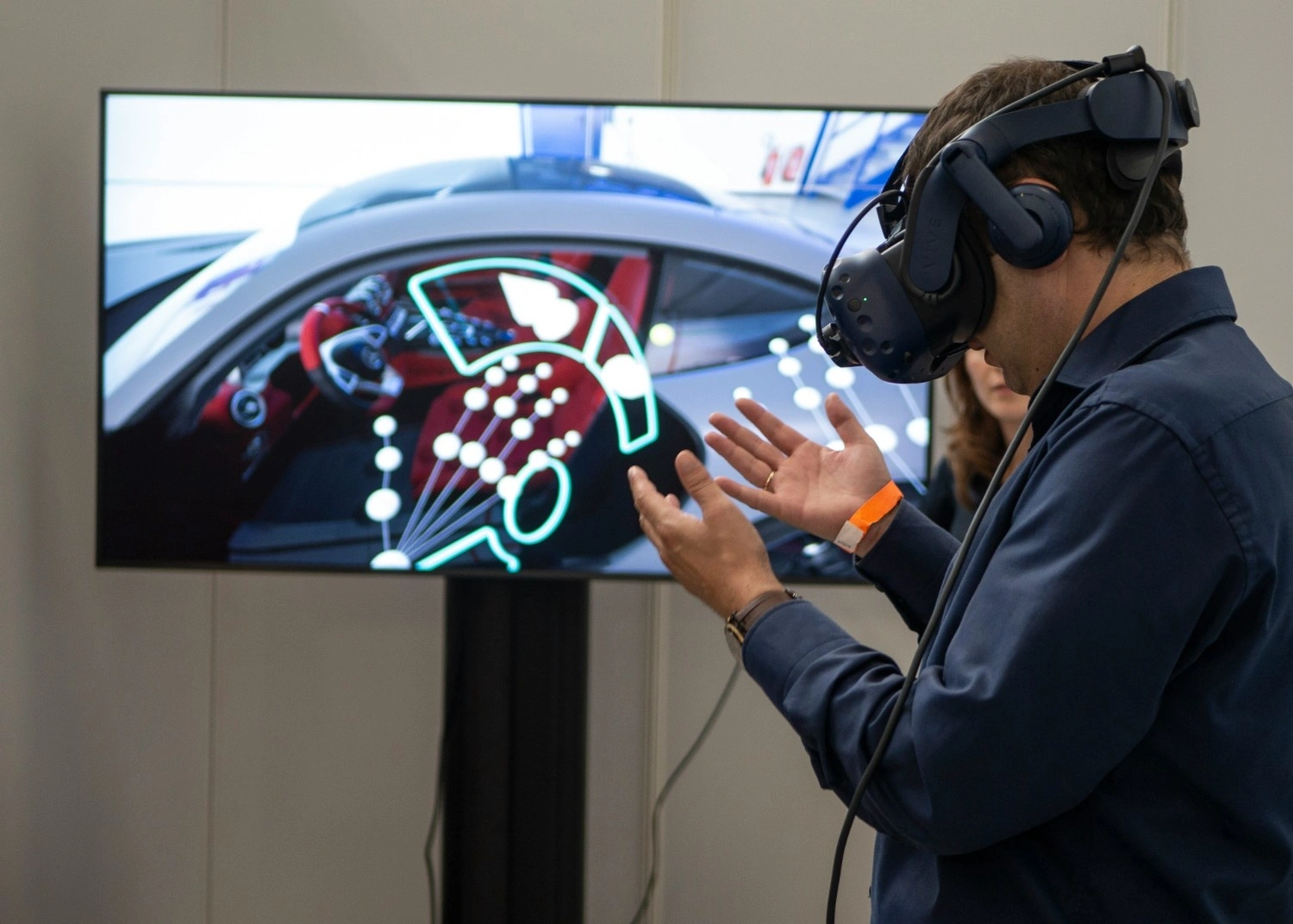
LLMConvo project selected for the 2025 Cross-Campus Grant
Explore More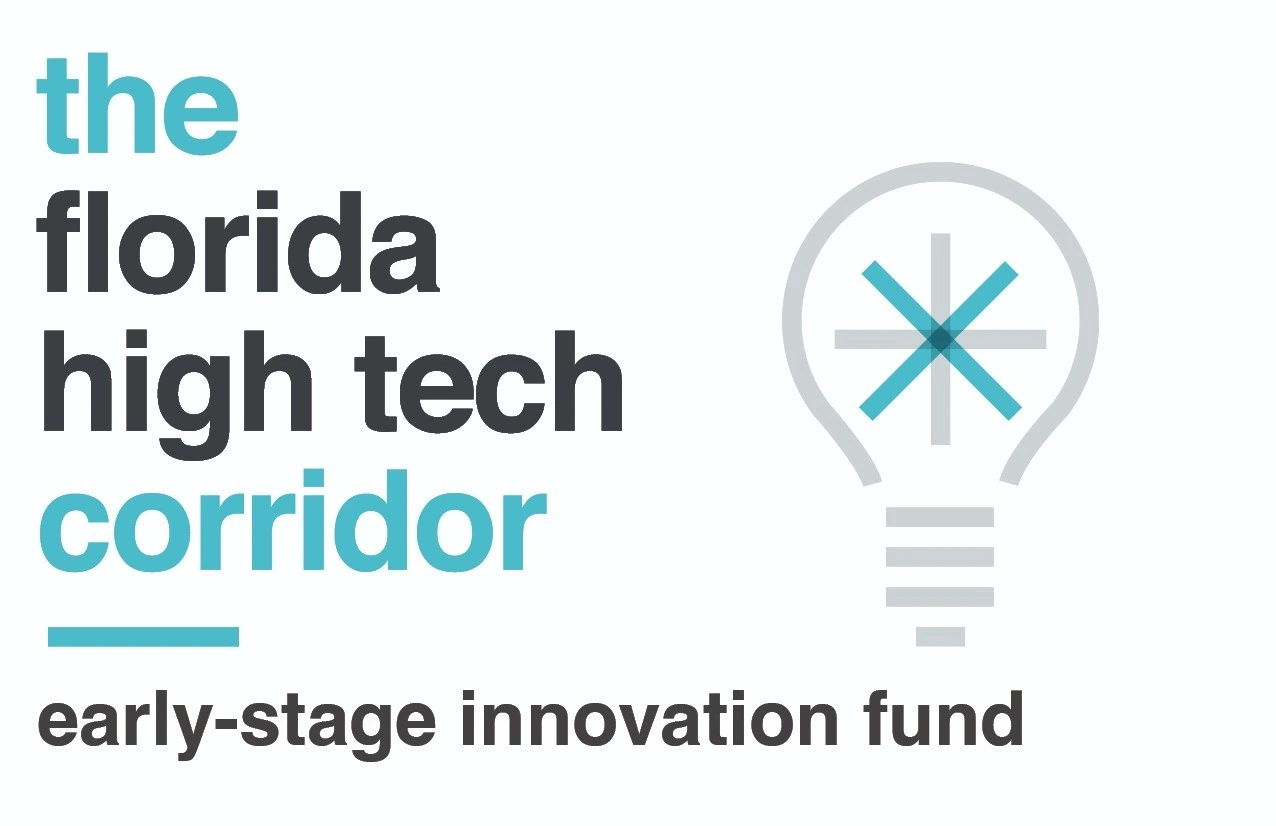
Our project Eq-Math receives the Florida High Tech Corridor Early-Stage Innovation Fund
Explore More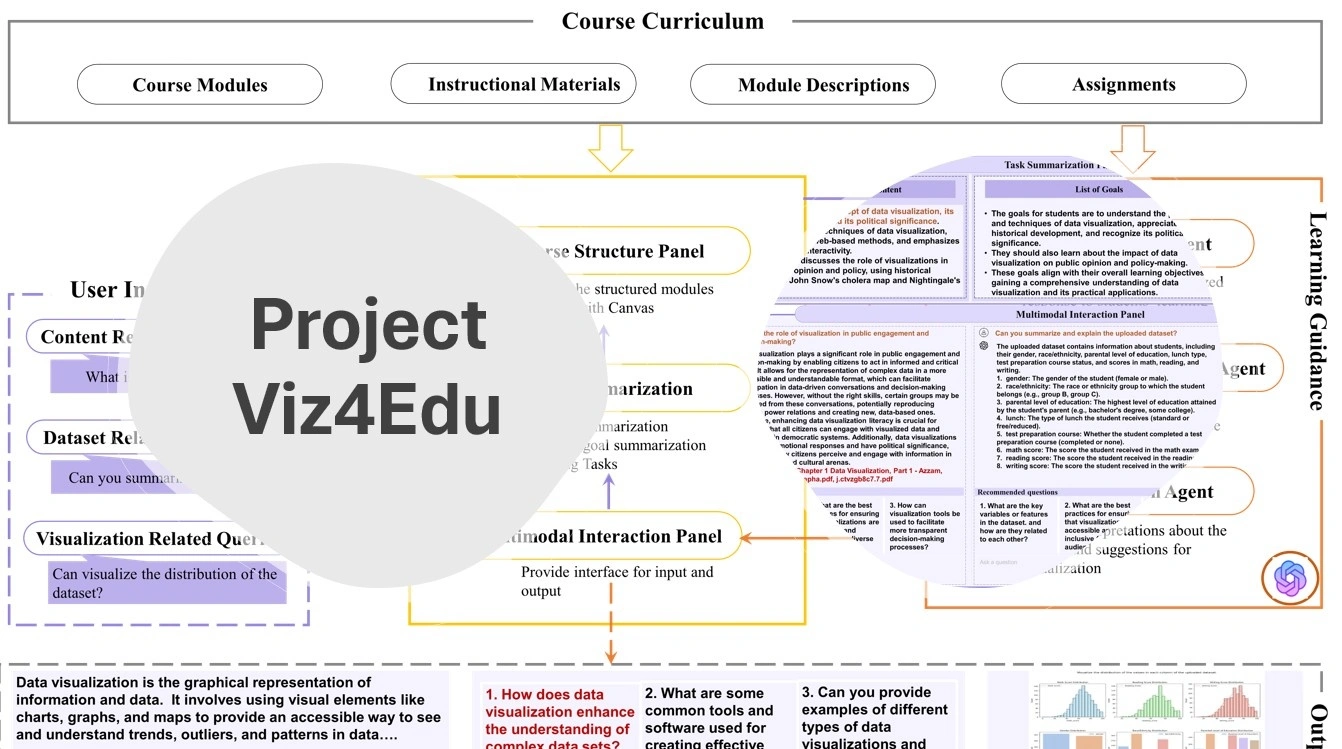
Our Project Viz4Edu wins New Researcher Grant (NRG) Support
Explore More
Call for Papers – Special Issue
Submit your work to the Education Sciences journal special issue led by Dr. Bo Pei. We invite research on innovative approaches to Human–AI collaboration in learning environments. Deadline: August 30, 2025
Explore More